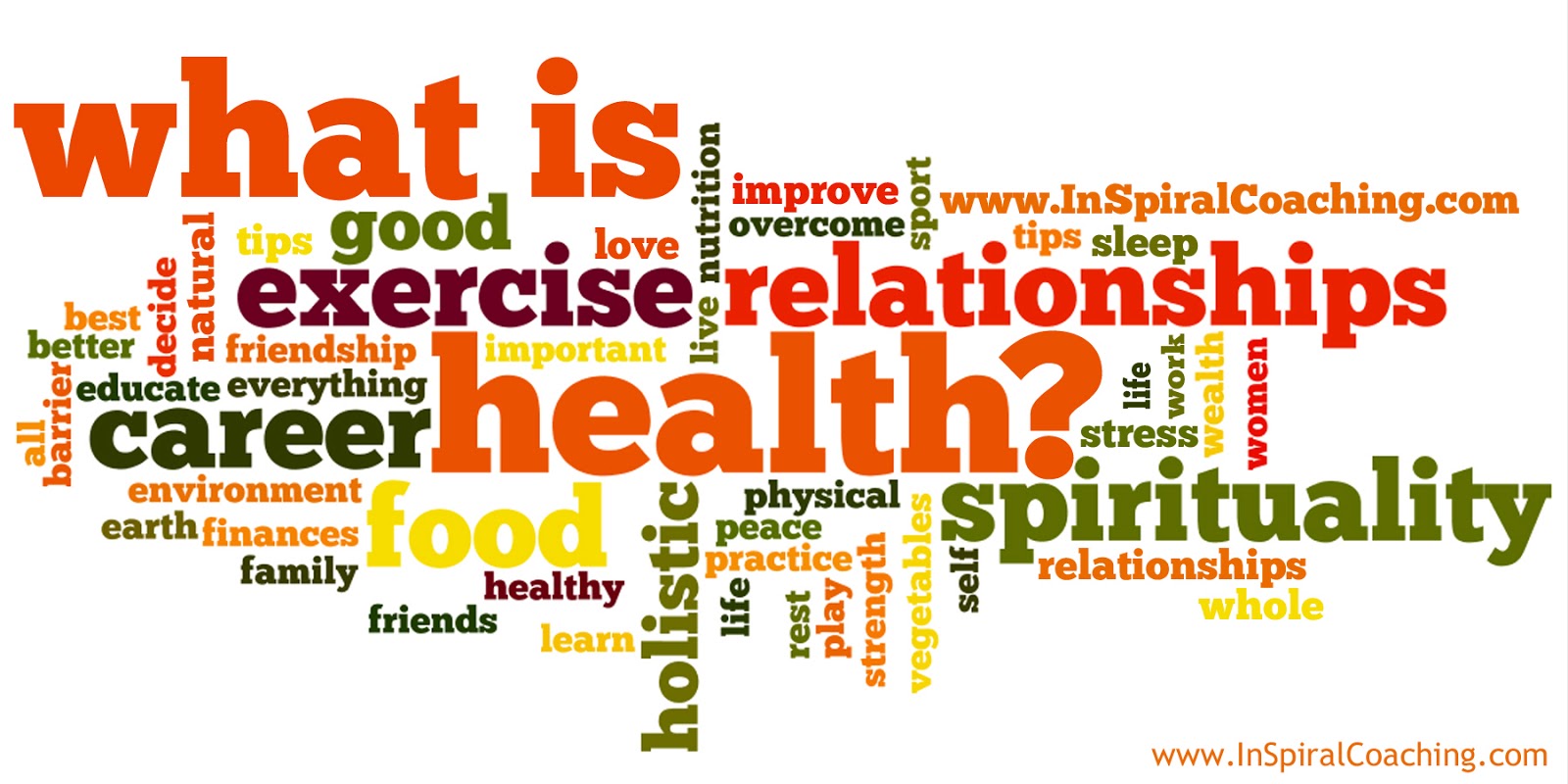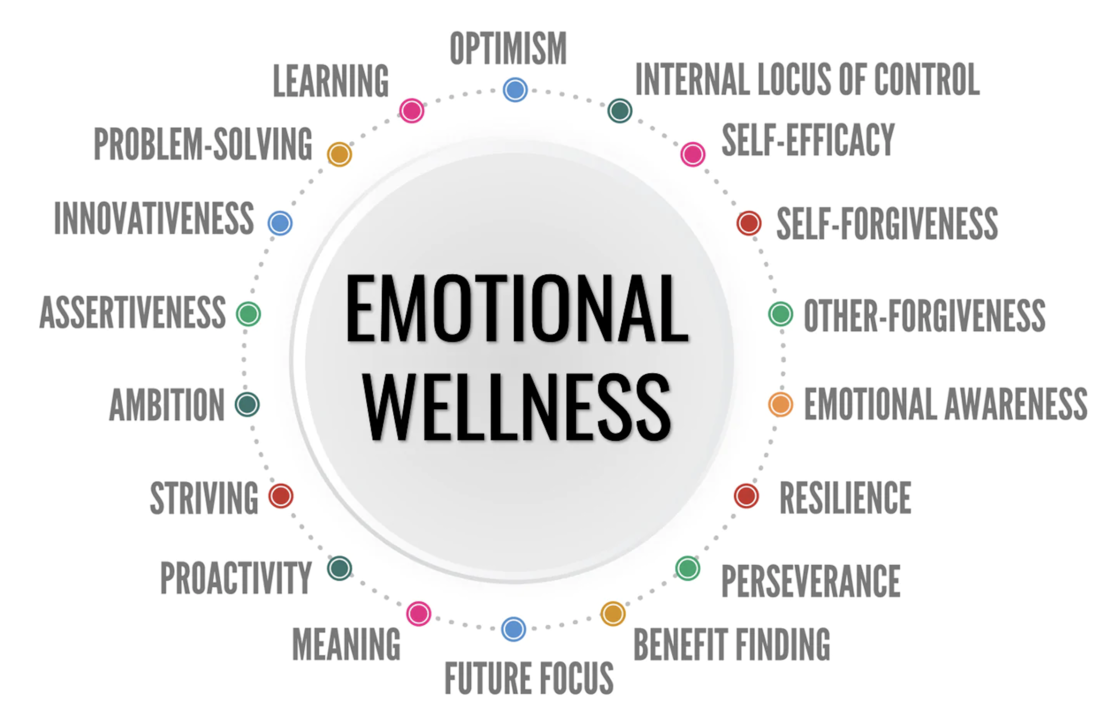What Is Emotional Health?
Emotional health is an aspect of mental health. It is your ability to cope with both positive and negative emotions, including your awareness of them. Emotionally healthy people have good coping mechanisms for negative emotions and also know when to contact a professional for help.
Some key points to know about emotional health are:
- Emotional Awareness: Emotional health involves being aware of and understanding one’s own emotions, as well as recognizing and empathizing with the emotions of others. It includes the ability to identify and label emotions accurately and express them appropriately.
- Emotional Regulation: Emotional health entails the ability to regulate and manage emotions in a healthy and adaptive manner. This involves coping with stress, adversity, and life challenges effectively, as well as maintaining emotional stability and resilience in the face of difficult situations.
- Positive Relationships: Emotional health is closely linked to the quality of relationships and social connections. Building and maintaining positive relationships with others, such as family, friends, and colleagues, contributes to emotional well-being and provides social support during times of need.
- Self-Esteem and Self-Confidence: Emotional health involves having a positive self-image, self-esteem, and self-confidence. It includes accepting oneself, recognizing one’s strengths and weaknesses, and having a sense of self-worth and self-efficacy.
- Stress Management: Emotional health includes the ability to cope with stress effectively and develop healthy coping mechanisms. This may involve relaxation techniques, mindfulness practices, problem-solving skills, and seeking support from others when needed.
- Resilience: Emotional health is characterized by resilience, which refers to the ability to bounce back from setbacks, adversity, or trauma. Resilient individuals are able to adapt to change, overcome obstacles, and maintain a sense of hope and optimism even in difficult circumstances.
- Seeking Help When Needed: Emotional health also involves recognizing when professional help may be needed and seeking support from mental health professionals, such as therapists, counselors, or psychologists. It’s important to prioritize mental health and seek treatment or support if experiencing persistent emotional difficulties or mental health disorders.
- Self-Care Practices: Emotional health is supported by engaging in self-care practices that promote relaxation, stress reduction, and emotional well-being. This may include activities such as exercise, meditation, hobbies, spending time in nature, creative expression, and engaging in activities that bring joy and fulfillment.
Overall, emotional health is an essential aspect of overall well-being and quality of life. Cultivating emotional awareness, regulation, positive relationships, resilience, and self-care practices can help individuals enhance their emotional health and navigate life’s challenges more effectively. It’s important to prioritize emotional well-being and seek support when needed to maintain optimal mental health and overall well-being.





